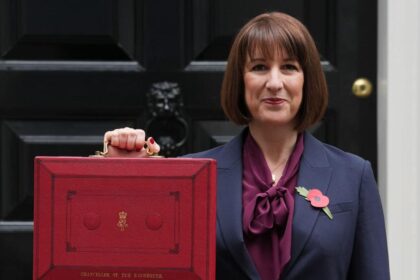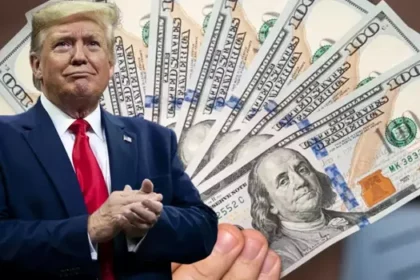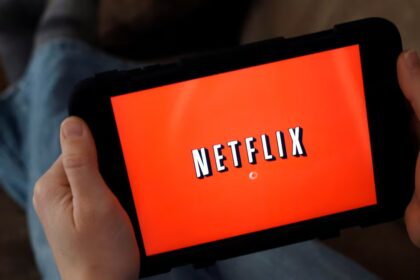At YourDailyAnalysis, we note – the political crisis in Washington, which has once again brought the federal government to a standstill, shows how the country’s leadership has shifted its focus from real economic threats to partisan games. While Democrats and Donald Trump’s Republicans continue to blame each other for the shutdown, the long-term financial stability of the United States remains in jeopardy.
According to the Committee for a Responsible Federal Budget, Democrats’ demands for increased government spending could add another $1.5 trillion to the national debt – which is already approaching $38 trillion – over the next decade. Meanwhile, the federal deficit now exceeds $1.9 trillion, yet there is virtually no serious discussion on how to reduce it.
Our analysts at YourDailyAnalysis emphasize that this is already the 15th partial federal government shutdown since 1981, but unlike past fiscal disputes, this one stems from political posturing rather than genuine budgetary debate. The two major parties are locked in an ideological standoff while ignoring fundamental issues: an inefficient tax system, the fragile state of social security programs, and the growing burden of interest payments.
Today, the U.S. faces a disturbing reality – annual interest payments on the debt have surpassed $1 trillion, exceeding defense spending. The debt continues to grow faster than the economy, while Social Security and Medicare are edging toward insolvency, raising the prospect of across-the-board benefit cuts for millions of retirees.
Despite rhetoric about “fiscal responsibility,” both Republicans and Democrats are advancing policies that worsen the debt problem. Republicans blame Democrats for “excessive spending,” yet they bear responsibility for Trump-era tax cuts, which added more than $4 trillion to the deficit. Democrats, meanwhile, prefer political grandstanding to meaningful fiscal reform.
Some Republican lawmakers, including Rand Paul and Ron Johnson, have openly warned of an approaching crisis. “The shutdown is just a distraction. Everyone’s watching the political theater instead of the $37 trillion debt,” Johnson said.
Our experts at Your Daily Analysis believe the U.S. is effectively “sleepwalking into a debt crisis.” The economy may still appear resilient, but every week of inaction brings the nation closer to a point where debt servicing becomes a systemic risk. If political leaders continue treating the budget as a tool of partisan leverage rather than long-term strategy, America could face a full-scale crisis of confidence in its fiscal model.
Our conclusion: The political drama in Washington may eventually end with another temporary compromise, but the debt problem is no longer a matter of politics – it is a structural economic threat. Unless the country’s leaders shift from rhetoric to real fiscal reform, the spiraling debt could become the defining source of instability for the U.S. economy in the years ahead.
Previously at YourDailyAnalysis, we wrote about ASML’s multi-billion-euro bet on artificial intelligence and Europe’s technological future, as well as how mounting debt and political uncertainty could reshape the architecture of global markets.















